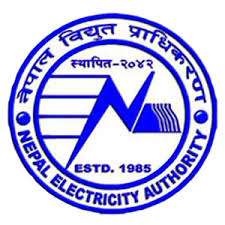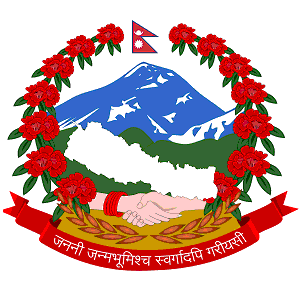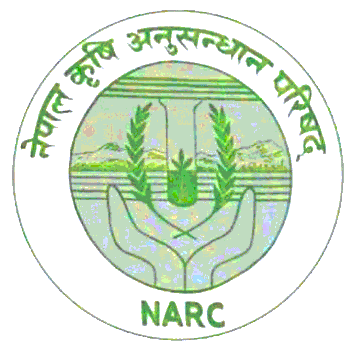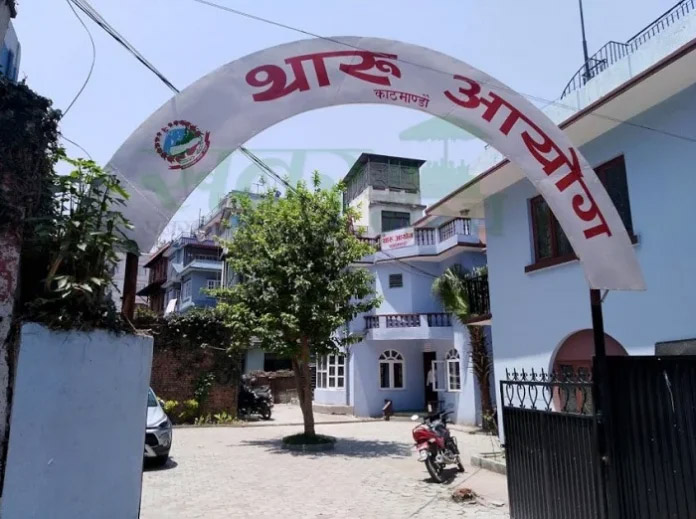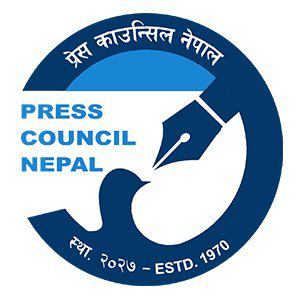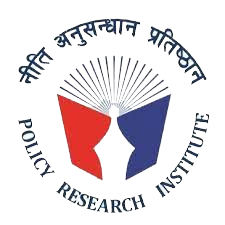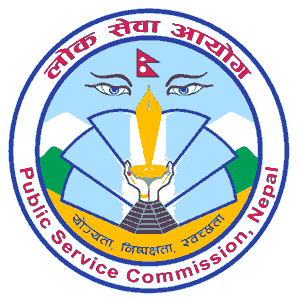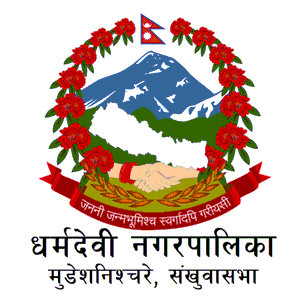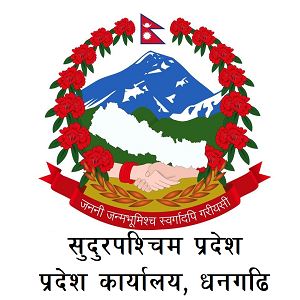Overview
The Nepal Engineering Council (NEC) plays a crucial role in shaping and regulating the engineering profession in Nepal. Post-1990, Nepal saw a surge in engineering education with expectations of thousands of engineers graduating annually. The NEC, with statutory authority, oversees the planning, development, and monitoring of engineering education and practice. It categorizes engineers as General Registered Engineer, Professional Engineers, and non-Nepali Registered Engineers, enforcing a strict professional code of conduct. The growth of engineering colleges and the increasing respect for engineers in society marked a significant advancement. The NEC's first Executive Council, formed in 2000, sets policies and monitors the council's progress. Its objectives include setting educational standards, approving engineering colleges, and ensuring quality education. Moreover, NEC collaborates internationally, notably with the UK's Institution of Civil Engineers (ICE), to enhance global recognition and professional standards. This partnership fosters continuous learning and upholds engineering ethics. The NEC registers a wide range of engineering disciplines, emphasizing the importance of professional engineers in national development and maintaining high educational and ethical standards.
The Nepal Engineering Council (NEC) offers a range of vital services to advance and regulate the engineering profession in Nepal. These services include:
-
Registration and Categorization of Engineers: NEC registers engineers in different categories, such as General Registered Engineer, Professional Engineer, and non-Nepali Registered Engineer, ensuring they meet the necessary qualifications and standards.
-
Setting Educational Standards: The Council establishes norms and standards for engineering education, ensuring that the quality of engineering programs in Nepal meets national and international levels.
-
Approval and Monitoring of Engineering Colleges: NEC grants approvals to engineering colleges and institutions that meet its set standards, and also monitors the quality of education provided by these institutions.
-
Policy and Program Development: The Council is responsible for creating policies, plans, and programs for the smooth functioning and development of the engineering profession in Nepal.
-
Ethical Oversight: NEC enforces a professional code of conduct for engineers to maintain integrity, impartiality, and confidentiality in their professional practices.
-
International Collaboration: The Council collaborates with international bodies like the Institution of Civil Engineers (ICE) in the UK, enhancing the global standards and recognition of Nepali engineers.
-
Professional Development: NEC supports continuous learning and development for engineers, helping them keep up with evolving global engineering standards and practices.
-
Advocacy and Representation: The Council represents the engineering profession in various forums, advocating for the interests and recognition of engineers in the national development agenda.
-
Quality Assurance in Engineering Services: It ensures that all engineering works and services in the country adhere to the highest standards of quality and safety.
-
Guidance and Support for Engineers: NEC provides guidance and support to engineers throughout their careers, including advice on ethical dilemmas and professional challenges.
These services play a crucial role in ensuring that the engineering profession in Nepal progresses systematically, scientifically, and ethically, contributing significantly to the nation's development.



